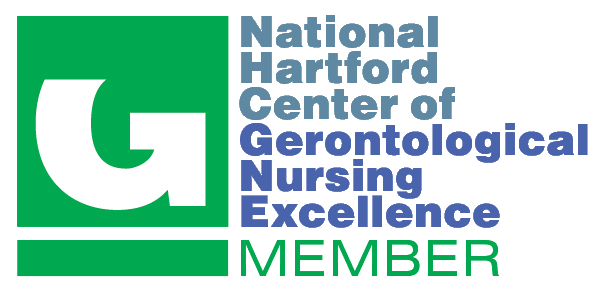Doctor of Nursing Practice Program
Alicia Kleinhans, DNP, MSN-Ed, CPNP-AC, CCRN

-
Committee Chair Name & Credentials:
Debra Arnow, DNP, RN, NEA-BC -
Committee Member Name & Credentials:
Ruth Kleinpell, PhD, RN, FAAN, FAANP, FCCM
DNP Project Abstract
Effects of COVID-19 on APRN Practice in Texas
Purpose
The purpose of this study was to describe APRN practice barriers in Texas, determine the effect of COVID-19 pandemic-related waiver of delegating physician authorization requirements for APRNs in Texas, and to explore the effects of the COVID-19 pandemic on APRN practice in Texas.
Methods
Thematic analysis was used to conduct a secondary analysis of data from 303 Texas APRN respondents to a national survey on impacts of COVID-19 on APRN practice.
Results
APRN practice barriers in Texas prior to the pandemic included: the requirement of MD supervision including co-signatures for orders, prescriptions, pre- and post-operative assessments, discharges; do not resuscitate (DNR) orders, pronouncing death; restrictions on hospital admitting privileges; and MD oversight of procedures essential to care and within APRN scope. Major themes identified that resulted from the pandemic were increase in responsibility; decrease in number of outpatients; decrease in revenue; loss of work. Perceived change in APRN scope of practice was not a major finding. Increased use of telehealth was a major finding.
Implications for Practice
The major effects of COVID-19 and waiving of practice restrictions on APRN practice in Texas included increased responsibilities and the increased use of telehealth. Barriers to APRN practice were identified that limit the ability of APRNs to provide care to the fullest extent based on their education and licensure with no perceived change from the removal of restrictions during the pandemic. Further study on strategies for lifting APRN practice restrictions is needed.




